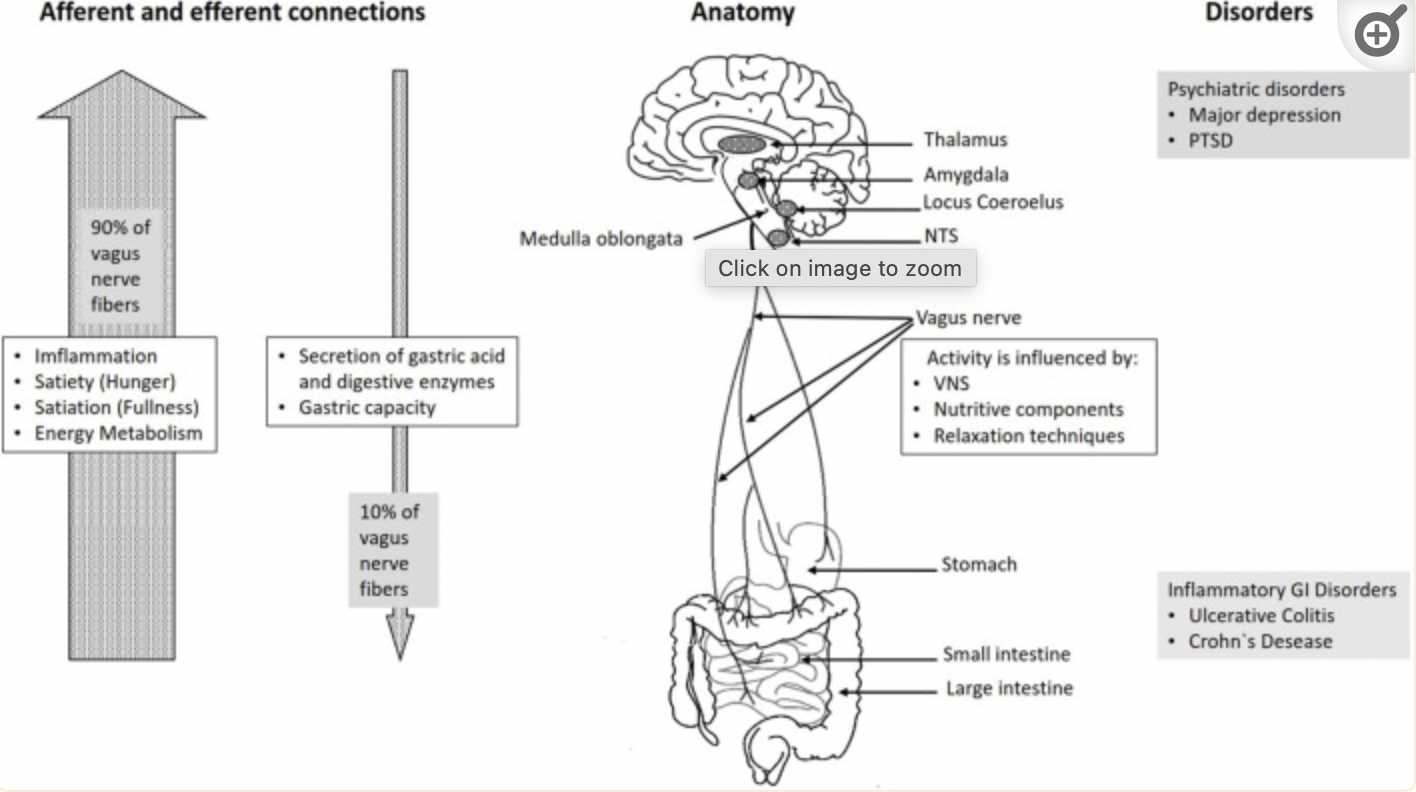The connection between healing and your nervous system…
Have you ever wondered why it takes you longer to heal from the common cold, skin to close from a wound, inflammation to subside, nerve pain lingers, joint pain will not go away?
Perhaps, it is because your sympathetic nervous system is stuck in fight or flight (consciously or subconsciously) or working overtime. I have heard a lot of patients say, but I have no stress. Then they proceed to tell me about their upcoming oncology appointment, how many events they have in the upcoming week, family stress, marital stress, GI distress, etc... Somehow, our society has been able to glorify burning the candle at both ends; constantly on the go. As if there is some prize to win by doing the most things in one day.
Your nervous system is only equipped to handle so much stress. Sure, a small amount of stress is good. However, you have to have some awareness of how many stressful triggers you encounter (stressful encounter from work, death in the family, financial burden, over training, illness). Suddenly, your system is overloaded.
So, let’s make the connection…
The vagus nerve controls:
1) digestion
2) heart rate
3) respiratory rate
4) vasomotor activity
5) reflexes (coughing, sneezing & vomiting)
6) swallowing
7) urinary sphincter
8) release of acetylcholine (ACh) at the synaptic junction with secreting cells, intrinsic nervous fibers, and smooth muscles
9) HPA (Hypothalamus Pituitary Adrenal) Axis
When we think of stress and the vagus nerve, there are a lot of similar responses. Stress affects all systems of the body including the musculoskeletal, respiratory, cardiovascular, endocrine, gastrointestinal, nervous, and reproductive systems. When the body goes into fight or flight, our: muscles tense up, blood vessels constrict, bronchioles dilate, heart rate increases, intestinal and urinary sphincters constrict, reduction of intestinal activity and a reduction of blood flow to the gut, allowing a higher blood flow to the heart and the muscles.
The body will normally limit the acute inflammatory response and prevent the spread of inflammatory mediators into the bloodstream. However, when the system is overwhelmed, it can lose control over local and systemic inflammation which will delay healing.
At the end of the day, your body will not focus on healing when it has to focus on putting a fire out. When the body is allowed to fall into the parasympathetic nervous system, it can rest, digest and focus on sending proper mediators to heal. I always say, “the body is smart, just not intelligent. It will find a work around, but it may not be the correct reaction.”
So how do we fix this?
Things to ask yourself:
How often do you work on stimulating your vagus nerve?
Are you able to control how you react to pain and stressful events? Too much release of cortisol (stress hormone) will cause a shift in your circadian rhythms (cortisol, melatonin balance). If your body depletes your cortisol reserves, it will begin to pull from progesterone. This can increase inflammatory mediators that are released.
How is your gut health (gut-brain axis)? If you’re microbiome if off kilter, it will send warning signs to your brain.
If you need help working on vagal nerve relaxation or stimulation techniques, let me know? I always offer my patients a holistic (whole body) approach incorporating a handout of tips with exercises, breath work, vocal cord exercises, foods and supplements to help them regain control.
This is not medical advice. You should always consult your healthcare practitioner(s) for medical advise and what is best for your care. The purpose of this blog is to centralize and share information while connecting with others.



